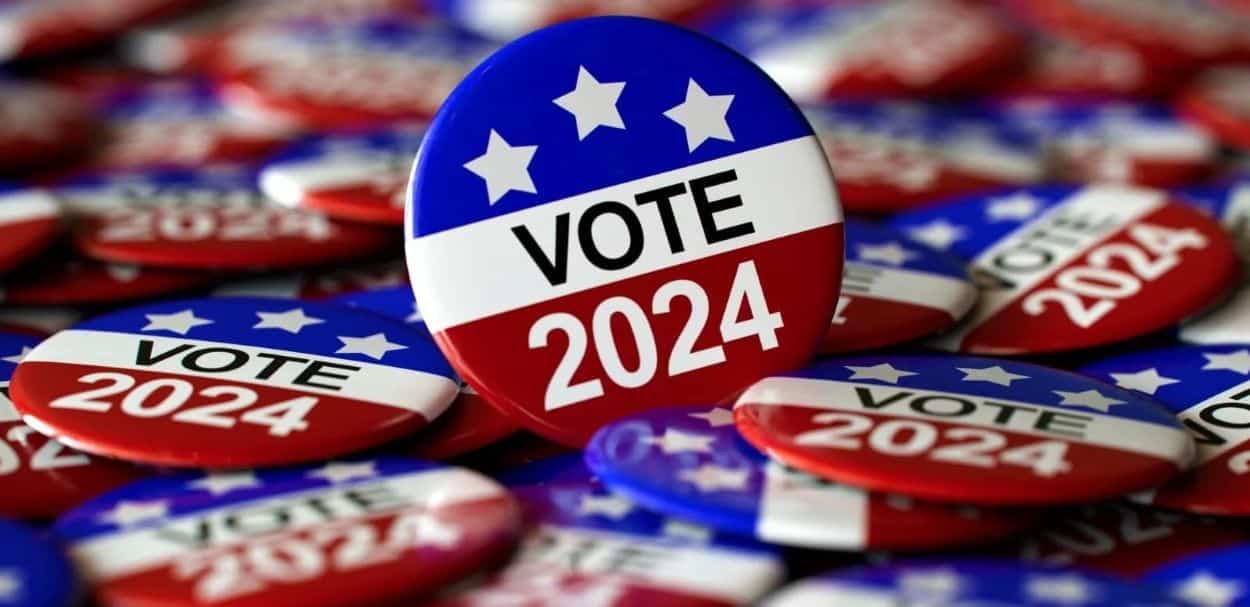In the 2024 U.S. presidential election set for November 5th, former President Donald Trump will challenge Vice President Kamala Harris, making the final pushes in key battleground states in a race anticipated to be closely contested.
Several third-party candidates are also in the fray, enhancing the election’s complexity.
Democratic Party: Kamala Harris
Harris, 60, secured the Democratic nomination after President Biden decided not to seek reelection. She aims to mobilize a diverse coalition comprising young people, people of color, and suburban women. As a former U.S. Senator and California Attorney General, Harris made history as the first woman and person of color as Vice President. She could further make history as the first female President.
Polls suggest a neck-and-neck race with Trump, with national figures giving Harris a slight edge. The election could hinge on swing states like Wisconsin and Pennsylvania, where both candidates are nearly tied.
Read: Elon Musk’s Political Influence and Its Implications on US Democracy
Harris has campaigned vigorously on issues like democracy, reproductive rights, and economic reforms, including tax adjustments and increased domestic manufacturing. Her foreign policy continues in the vein of the Biden administration, with strong positions on international conflicts and alliances.
Republican Party: Donald Trump
Trump, at 78, received the Republican nomination, marking his third presidential bid. His campaign is shadowed by legal controversies and his persistent claims about the 2020 election’s legitimacy. Trump, the only U.S. president impeached twice and the first convicted of a crime, has not committed to accepting the 2024 election results, sparking concerns about potential disputes.
Read: Trump Campaigns in New Mexico and Virginia, Eyeing Swing State Wins
His platform includes stringent immigration policies, economic nationalism, and a rollback of Biden’s climate policies. Trump’s approach to foreign policy suggests significant shifts, particularly concerning NATO and Ukraine.
Third-Party and Independent Candidates:
- Libertarian Party: Chase Oliver, previously contested in Georgia, represents the Libertarian viewpoint.
- Green Party: Jill Stein, a perennial candidate, aims to rally support around environmental and social justice issues.
- Independent: Cornel West, transitioning from a Green Party challenge, runs as an independent focused on progressive policies.
As the election nears, the strategies and platforms of these candidates will be crucial in shaping U.S. policies domestically and internationally.






